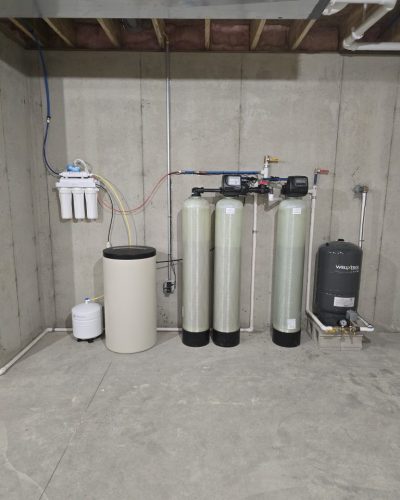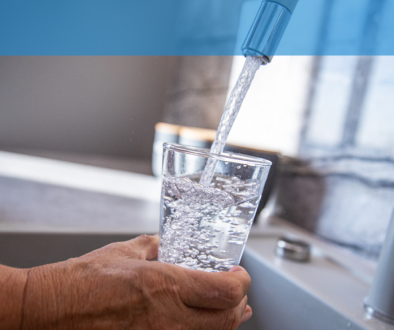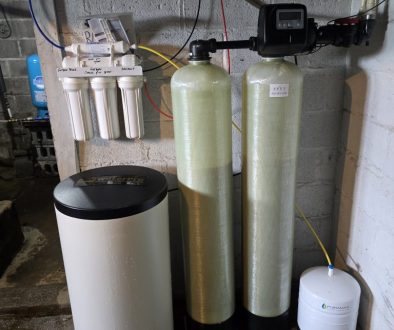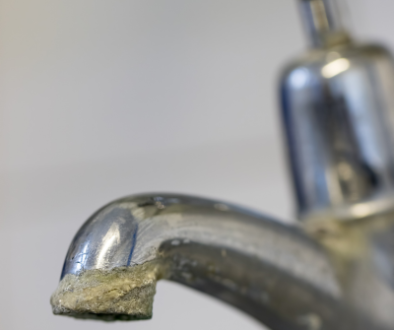Understanding the Environmental Impact of Water Softeners
Homeowners often ask about the environmental impact of water softeners — especially salt-based systems. While they offer major benefits for your home, some models can use extra water and discharge salt during operation. The good news is that modern designs are far more efficient and eco-friendly than older units.
Concerns About Salt Discharge
Salt-based softeners release brine water during regeneration.
In some areas, local regulations limit or ban high-salt systems.
Water Usage Considerations
Older units may use significant water for regeneration.
New high-efficiency models minimize water waste.
Eco-Friendly Water Softener Options
Salt-Free Systems: Prevent scale without using salt.
High-Efficiency Salt-Based Systems: Use less water and salt per cycle.
Demand-Initiated Regeneration: Regenerates only when needed based on usage.
How to Reduce Environmental Impact
Choose a system sized for your household’s needs.
Maintain the unit to keep it running efficiently.
Use potassium chloride instead of sodium when possible.
Dispose of salt bags responsibly.
Conclusion
You can enjoy soft water without harming the environment by choosing the right system and maintaining it properly. Today’s technology makes it possible to balance home comfort with sustainability.




